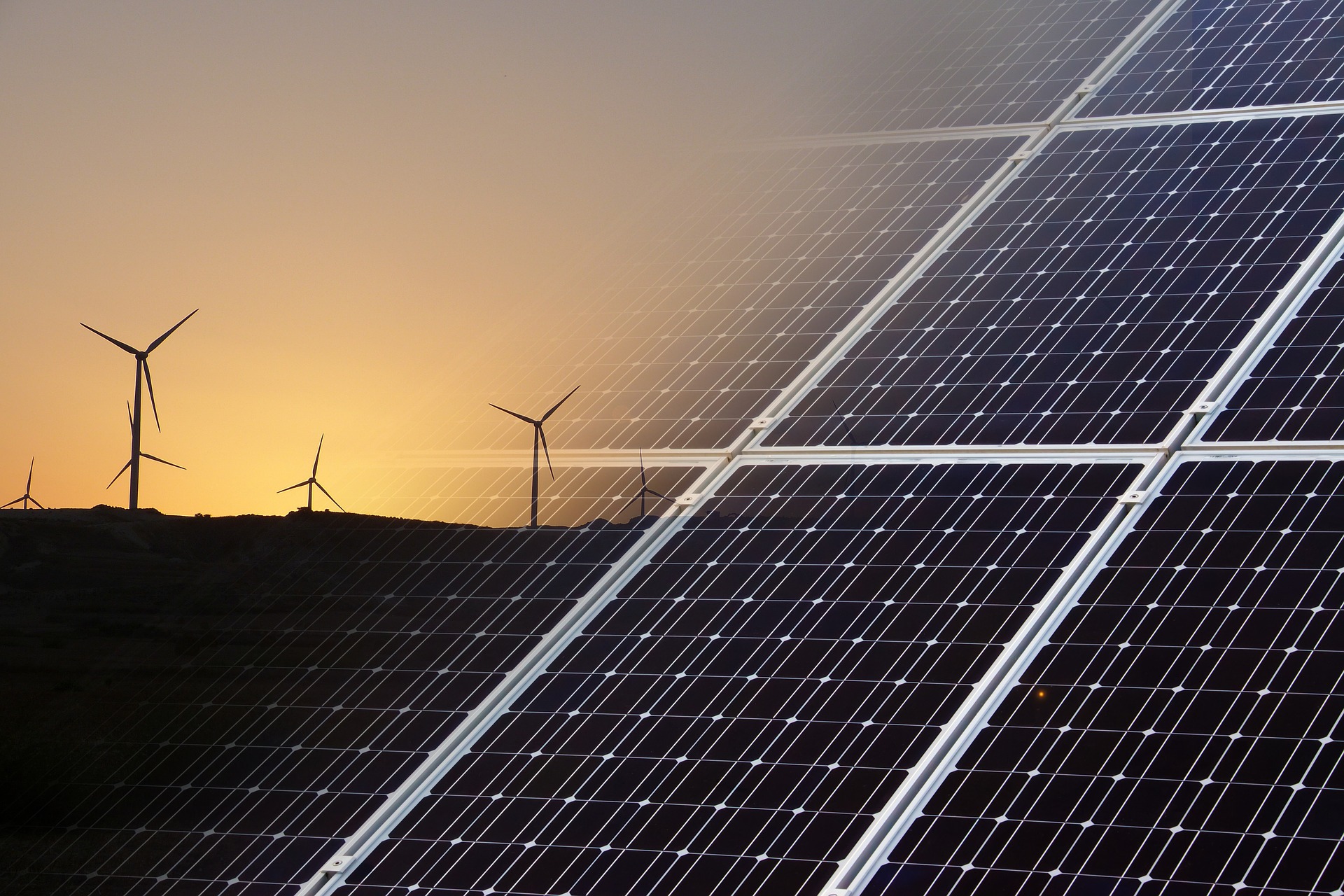The parliament at the initiative of the group of the opposition Isamaa party discussed energy security in Estonia as a matter of significant national importance on Tuesday.
Presentations were given by MEP and member of the European Parliament Committee on Industry, Research and Energy Riho Terras, professor of the Tallinn University of Technology (TalTech) and head of the study group on sustainable energy and fuels Alar Konist and member of the Isamaa group in the parliament Andres Metsoja, spokespeople for the parliament said.
Terras said in his presentation that the public debate concerning Estonia’s strategic choices is unbalanced and that existing energy technologies should not be stigmatized under the guise of a green transition; instead, Estonia’s research, industrial and technological potential should be preserved, developed and modernized.
“I must admit that the discussion ‘Climate neutral Estonia by 2035’ held in April in this very hall clearly demonstrated that this issue is placatory and based on slogans, whereas in reality Estonia does not at present have any clear development plans. However, it is important for all of us that homes be heated and illuminated in Estonia and that all of it should be done at a reasonable price,” Terras said.
Energy sources that enable to reduce carbon dioxide emissions the most, such as the wind and the sun, are nonadjustable and the production of energy from these sources depends on circumstances that Estonia itself cannot determine, he said.
“This means that incinerator plats are necessary and will also remain necessary in the future for ensuring energy supply and security until the development of hydrogen technologies, batteries and capacitors enables to store solar and ,” the MEP said.
The state must ensure legal certainty for Estonian energy producers, according to Terras.
“We need to let them know what their future will be like in the next few years. The development plan for energy management, which currently regulates this area, was drawn up in 2012,” he added.
Alar Konist, professor at TalTech, said that the generation of energy has either been stable or stabilized in the EU, whereas consumption has grown from year to year, and the Union has not been able to cover this growth with renewable energy, thus it has been compensated through import.
He added that energy deficit has grown both in the Baltics as well as in the Nordic states. Estonia imported 43 percent of its electricity last year and just 25 percent of electric power came from renewable energy sources.
Konist underscored that the importance of energy security and security of supply must not be underestimated.
“We must also take into consideration that we are at the end of the transmission line. The coronavirus crisis closed state borders. The agreement is that they are not to be closed. Would these agreements be fulfilled if other European states faced a shortage of energy or would they first and foremost satisfy the energy needs of their own population? They will clearly satisfy their own energy needs first and later apologize and promise to do better next time,” he said.
Metsoja’s presentation focused on three key issues — security of supply, legal clarity and the inclusion of local communities. With a gradual transition to renewable energy sources, too, the state needs to have a backup plan, he said.
“One of the options would be to preserve the capability of producing electricity from oil shale — so that we’d have a plan B in case we need one. We also need to take into consideration in terms of energy security that it is important that we desynchronize our power network from Russia by 2025,” Metsoja said.
“Switching to the continental European frequency band reduces the risk of Estonia’s dependence on the Russian energy system and frequency band being used against us. We will be in the continental European frequency band starting from 2026 but our connections with the Western countries will be scarce at least initially. Thus, the Baltic states must have real preparedness to independently maintain their frequency,” he added.
“For us to successfully fulfill our climate objectives, we need support from the Estonian people. In order to achieve that, we need people to understand and feel the benefits generated by the changes. Our judicial area and the state’s message should be based on this simple principle — if something is to be built in your back yard, in addition to a potential disturbance, it will also entail clear benefits for you, your community and region,” the TalTech professor said.
If an offshore or onshore is built in some county, a portion of the income generated by this park should flow into the budget of the corresponding local government, he added.


